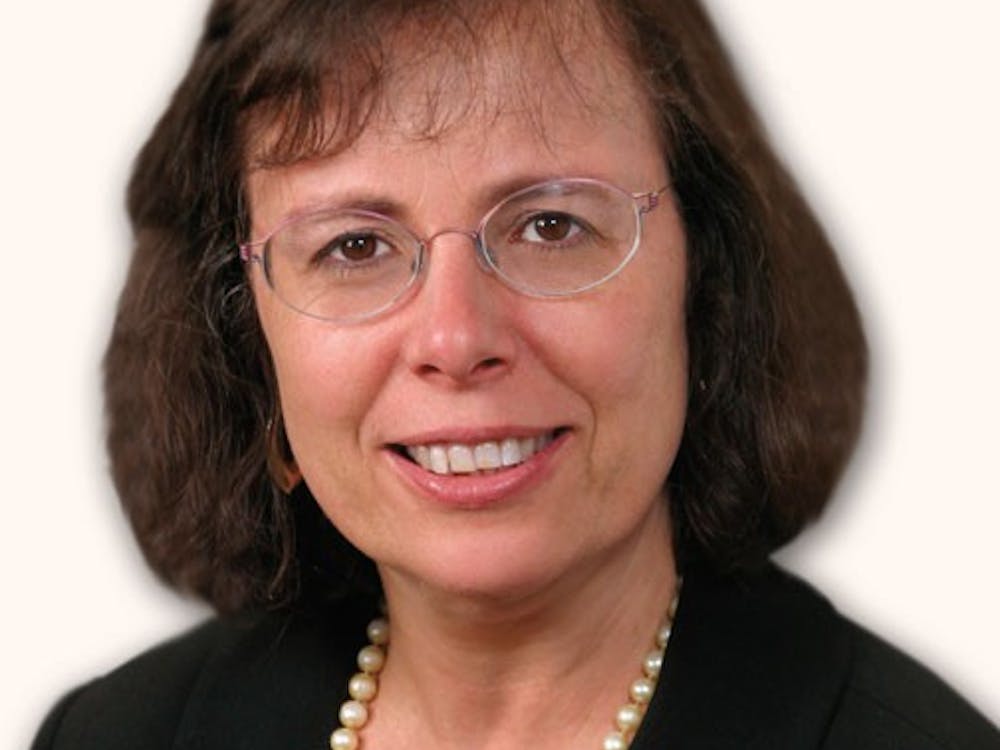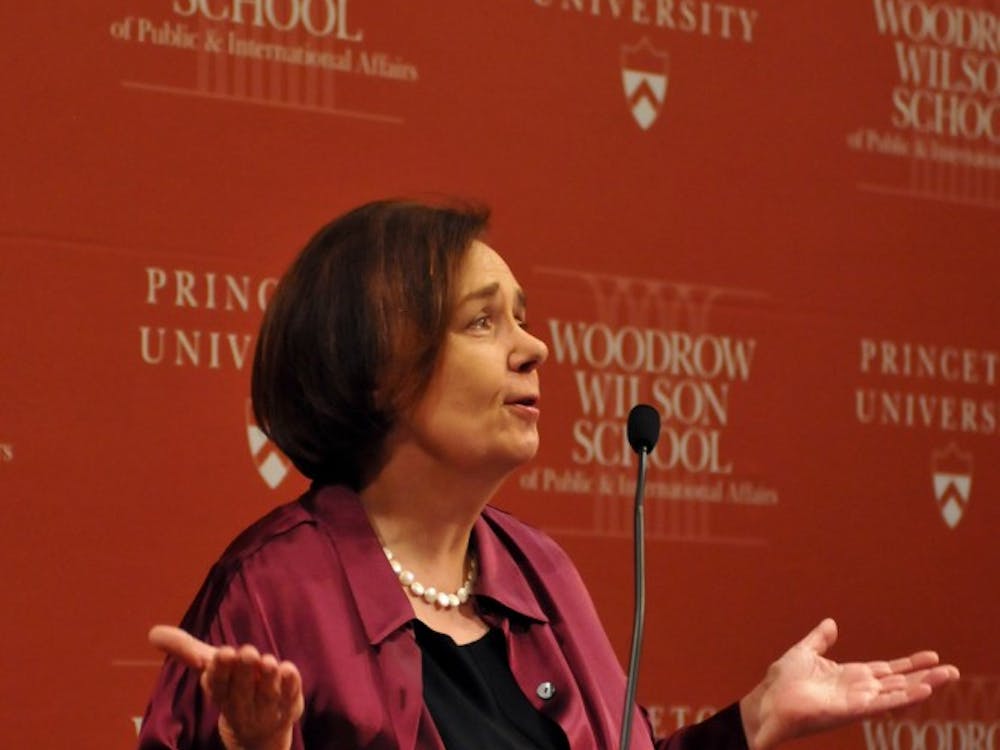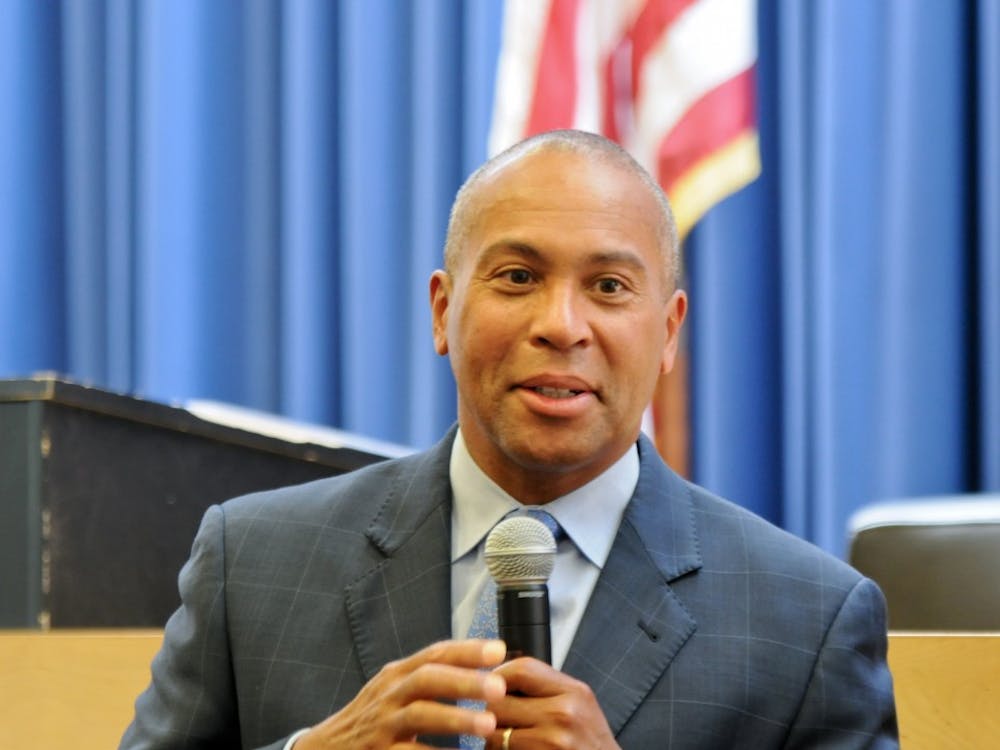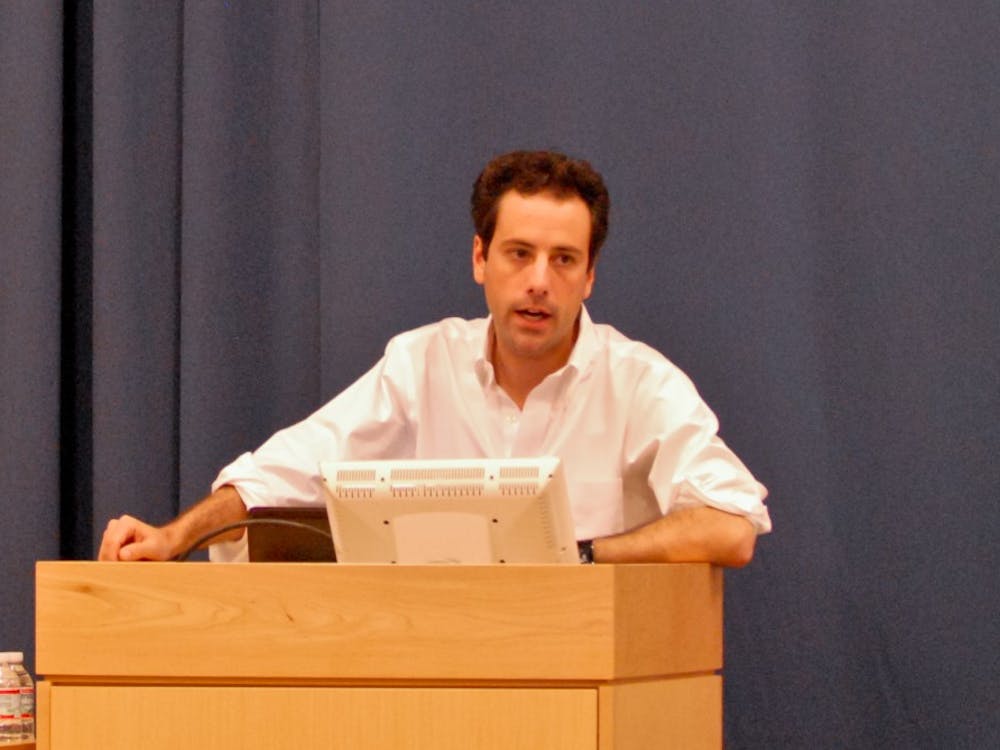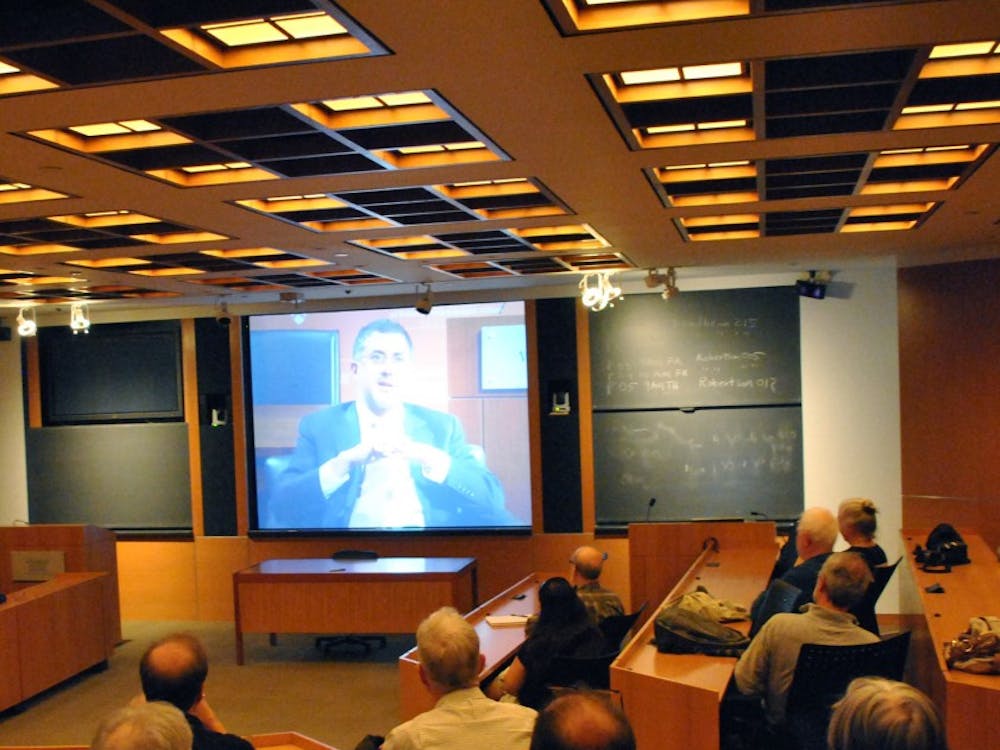Q&A: Joyce Rechtschaffen '75 on the federal government shutdown
Anastasya Lloyd-DamnjanovicAfter congressional gridlock resulted in a government shutdown at midnight on Tuesday, The Daily Princetonian spoke by phone with Joyce Rechtschaffen '75, director of the University's D.C.-based Office of Government Affairs, who serves as the primary liaison between the University and lawmakers in Washington.





